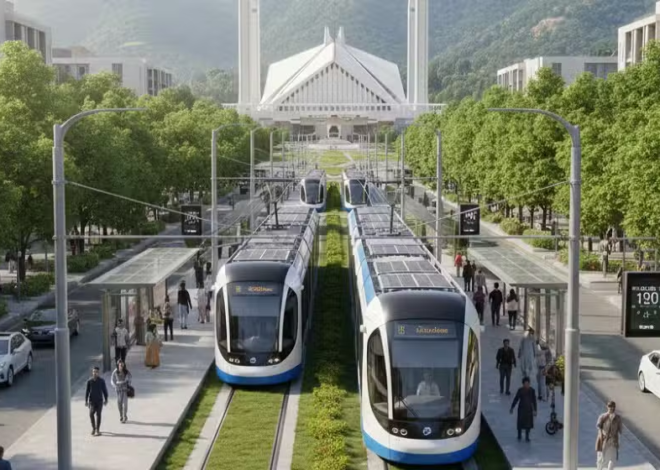
Virtual Policing in Seoul: Holographic Officers Deliver Results
South Korea is turning to technology to keep its streets safer. In Seoul, the Metropolitan Police Agency has deployed holographic police officers in a move that blends public safety with innovation.
The holographic officers are life-sized 3D projections dressed in standard police uniforms. They appear daily in Jodong No. 3 Park from 7 PM to 10 PM, one of the busiest evening hours in central Seoul. Through looping voice messages, they remind passersby that the area is being monitored, sending a subtle but strong message against crime.
This initiative was developed in partnership with UK-based Hologramica and follows a successful pilot project introduced in October 2024. Reports now show a 22% reduction in incidents since their deployment — a promising outcome for what officials call “smart security solutions.”
Chief Ahn Dong-Hyun of Jungbu Police Station stressed that while holograms cannot physically arrest suspects, their psychological effect is undeniable. The sense of visible security discourages theft, harassment, and other disturbances.
Beyond crime reduction, the project reflects Seoul’s broader ambition to become a global smart city. Authorities are assessing how to expand the use of AI surveillance and holographic patrols across other regions. These could complement on-ground police units, helping manage public spaces more efficiently.
Citizens’ reactions remain divided. Some welcome the futuristic approach, while others see the virtual officers as little more than a novelty. Yet, city officials argue that integrating digital policing tools is essential in adapting to modern urban challenges.
With its first successful rollout, Seoul is setting an example for how cities worldwide might rethink public safety in the age of artificial intelligence.


